After more than a decade, metro line 1 is expected to be put into operation on December 22.
Talking to Giao thong Newspaper, Dr. Phan Huu Duy Quoc, a member of the consulting team of experts for the project to build the urban railway system in Ho Chi Minh City, former Deputy Chief Representative of Shimizu Corporation (Japan - the contractor for the underground construction of metro line No. 1) said that this will be the first "brick" in the journey to realize more than 500km of metro in the city.
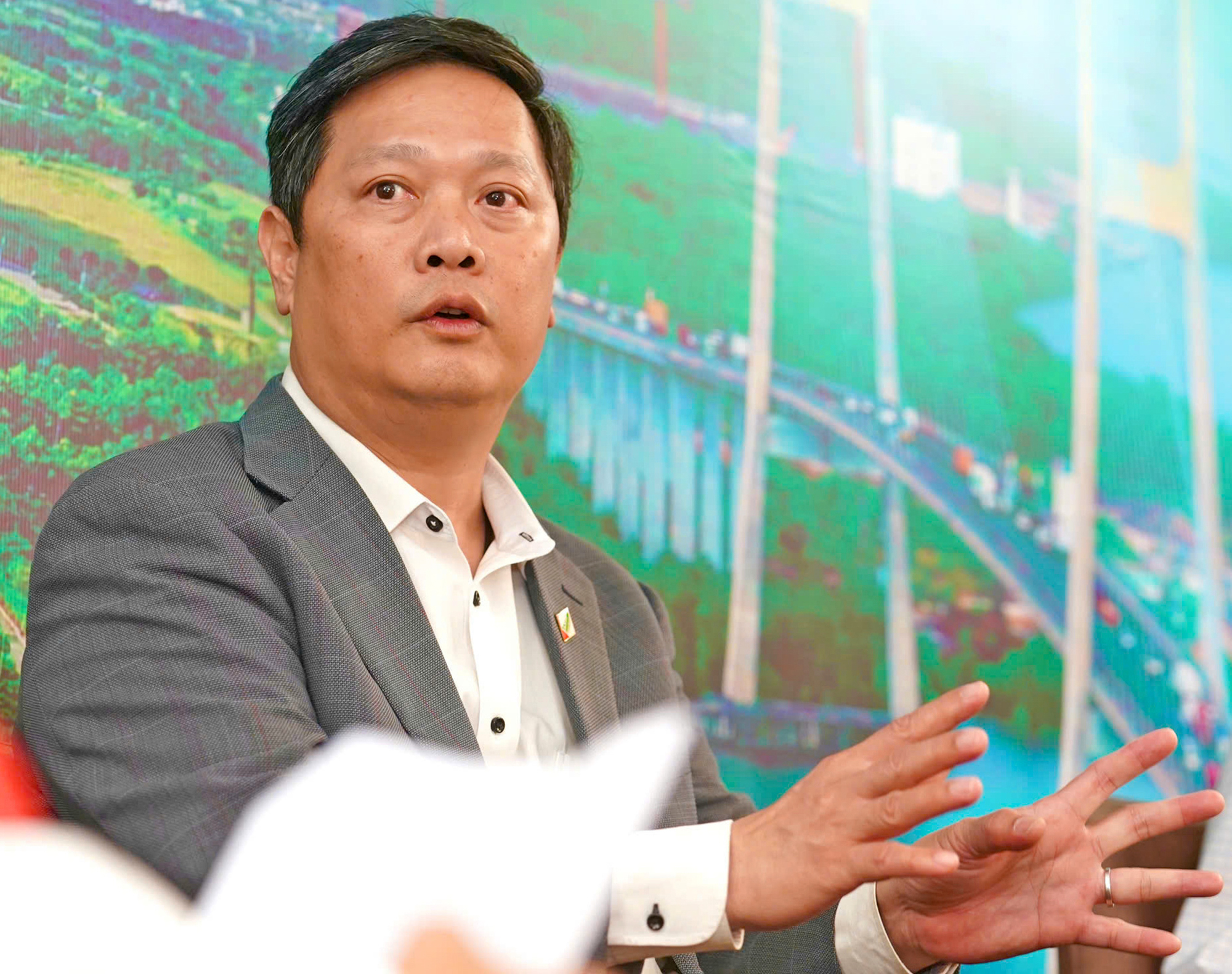
Dr. Phan Huu Duy Quoc.
Emotional moment
As one of the first experts to participate in the metro line 1 project, how do you feel when this metro line is about to be put into operation?
As a former construction participant and also a citizen of Ho Chi Minh City, I am very happy and moved that metro line 1 is about to officially open.
Dr. Phan Huu Duy Quoc is the first foreigner to be officially employed by the Shimizu Corporation, Japan. This corporation is over 210 years old.
After 19 years of studying, Dr. Phan Huu Duy Quoc was sent back to Vietnam to promote the metro project and several other projects in the role of coordinator and bridge.
He participated in the metro line 1 project as a contractor from the early days of preparing bidding documents, negotiating and signing contracts and starting the project.
This is not only an important milestone marking the success of a key infrastructure project, but also a testament to Ho Chi Minh City's continuous efforts in its journey of modernization and sustainable development.
During your participation in the project, what was the most memorable experience for you?
For me, this project has many memories. But the most memorable moment is when I sat on the upper floor of Tax Trade Center, watching workers dismantle the Cay Lieu Roundabout on Nguyen Hue Street, in front of the City People's Committee headquarters, to build an underground road below. For the people of Ho Chi Minh City, this roundabout is a familiar symbol.
Or the moment when the powerful TBM tunnel boring machine penetrated the ground from a depth of tens of meters into the City Theater station after going 781m underground at Ba Son station.
And when the underground line was connected to Ben Thanh station, everyone involved in the project was overwhelmed with emotion.

Dr. Phan Huu Duy Quoc at the time of representing the contractor constructing the underground part of metro line 1.
When you returned to Vietnam to participate in the project, how did you evaluate the possibility of metro development in Ho Chi Minh City?
After nearly 20 years of studying and working in Japan, when I returned, I was mentally prepared to face the challenges of building metro lines in Vietnam.
I understand that even developed countries like England, France or Japan took decades to complete the first metro lines.
I even thought it would take hundreds of years to complete the metro network in Hanoi or Ho Chi Minh City.
Metro Line 1 project is a long journey with many great lessons learned. The biggest challenges include the lack of human resources with professional experience; lack of synchronous legal corridor and international practices for implementing urban railway projects.
At the same time, there is no clear decentralization mechanism for urban authorities, and the Ho Chi Minh City Urban Railway Management Board (MAUR) has not been given full decision-making authority, leading to difficulties in project management and implementation.
Valuable lessons
What experiences and lessons from Japan have been summarized and applied to the metro line 1 project, sir?
During the implementation process, many techniques from Japan were applied. However, solutions from a country with nearly a century of experience in metro construction cannot be fully applied to Vietnam's conditions.
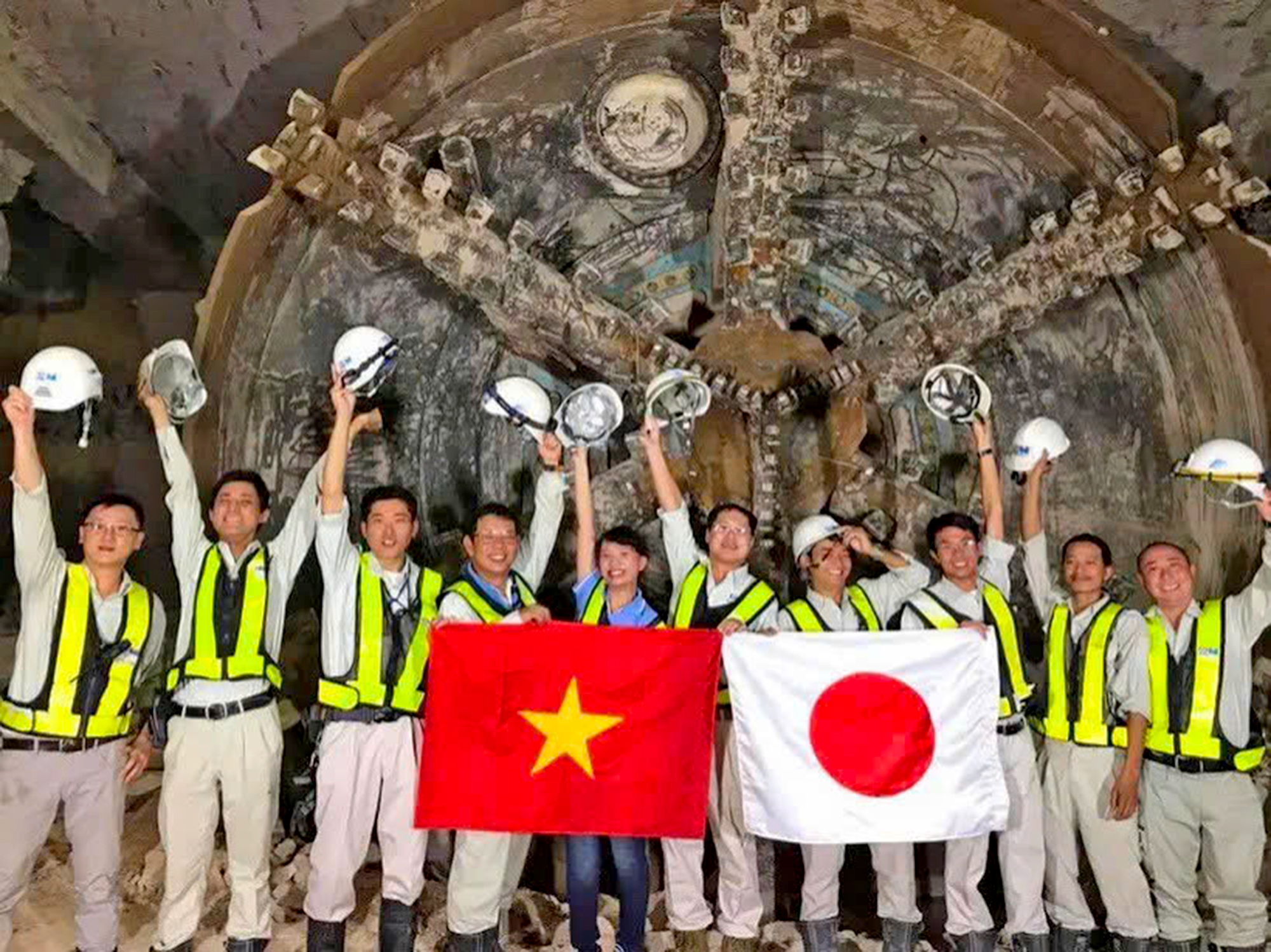
A team of Vietnamese and Japanese engineers and workers drilled the metro tunnel No. 1 using the TBM tunnel boring robot (photo taken by Phan Huu Duy Quoc and his colleagues).
However, the effort to overcome difficulties and challenges has created a proud turning point. It is not only the beginning of a modern transportation system, but also a valuable lesson to gradually build other metro lines in the future.
To me, metro line 1 is the clearest proof of Ho Chi Minh City's spirit of effort and strong desire to rise.
With about 10 years of working on Metro Line 1, what do you think is the biggest challenge that the Vietnamese engineering team has to face? Will that happen again when implementing the next metro lines?
I have been involved in the project for nearly 7 years as a contractor and for the past 3 years as a member of the consulting team for the development of the Ho Chi Minh City urban railway system.
This is the time that helps me witness the growth of the Vietnamese engineering team through each implementation stage.
I realize that the Vietnamese engineering team has a high spirit of learning and perseverance, has accumulated a lot of valuable experience through the metro project No. 1, thereby building a solid foundation for the next metro lines.
I believe that with the results achieved, the implementation of future metro projects will be smoother and faster.
However, there are still some technical areas that we need to continue to learn and master. For example, TBM tunneling technology, operating modern signal systems, or manufacturing electric trains - areas that require close cooperation with international partners.
These are not small challenges, they will take a long time, but you have to go to get there.
More empowerment to create initiative
The city aims to continue developing nearly 355km of metro in the next 10 years. What do you think about this plan?
Metro Line 1 is considered the first brick in the process of building an urban railway network in Ho Chi Minh City.
The project will bring about a major change in people's habits of using public transport, contributing significantly to reducing congestion and pollution.
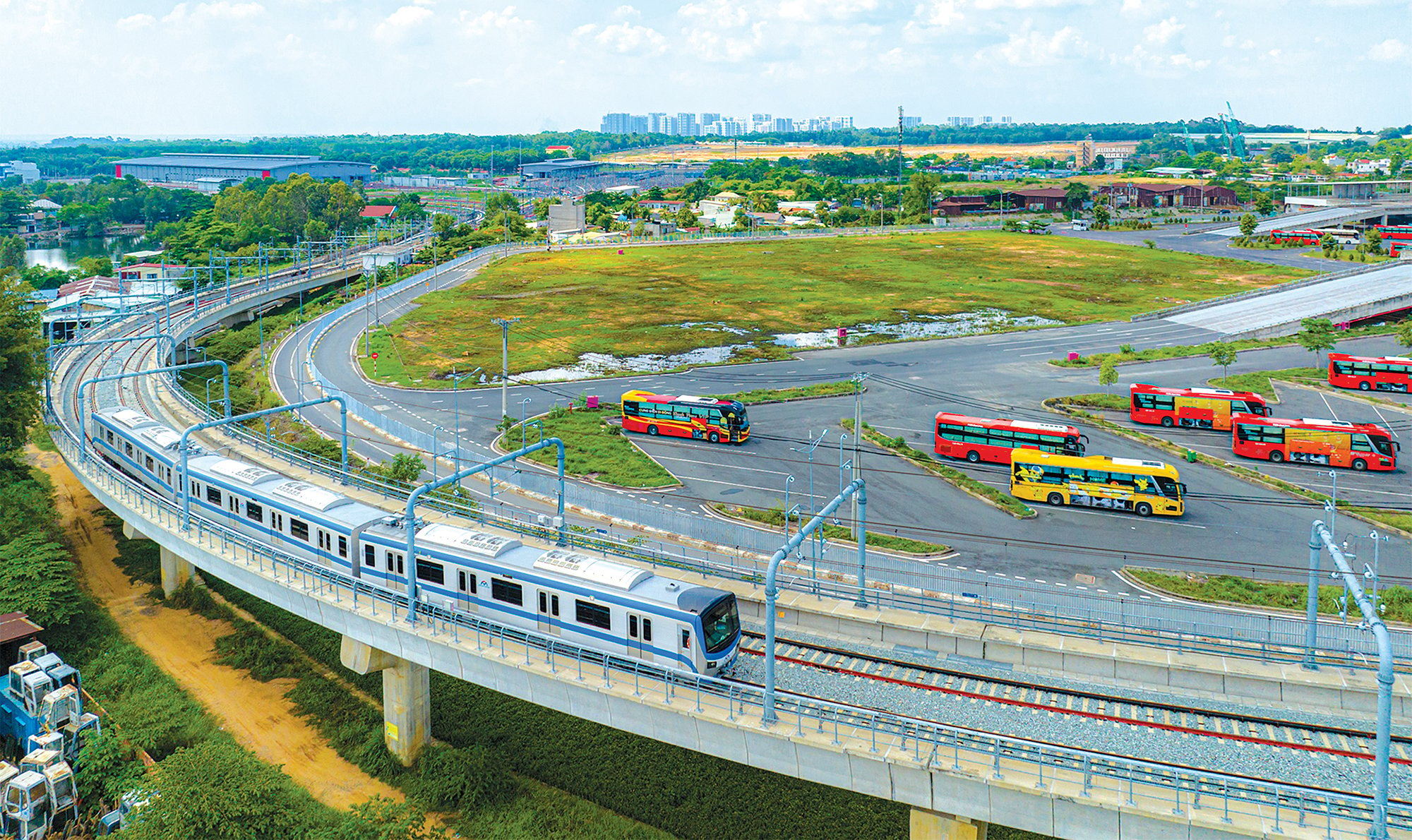
Metro Line 1, 20km long, will be put into commercial operation from December 22, 2024. Ho Chi Minh City aims to build 7 lines with a total length of 355km by 2035; an additional 155km will be built in the next 10 years. Photo: Tu Doan.
Ho Chi Minh City currently plans to build 355km of metro within 10 years in accordance with Resolution 49 of the Politburo . This is an ambitious and not at all simple goal.
During the expert panel discussion, we particularly emphasized the importance of empowering urban authorities and increasing their autonomy and accountability.
At the same time, the Urban Railway Board needs to be given more decision-making power and clearer responsibilities, not simply as a representative of the investor but truly as a professional agency of the Ho Chi Minh City People's Committee.
Human resources are one of the important factors in implementing metro lines. In your opinion, what should be done to improve the capacity of young technical staff?
Vietnamese engineers are highly appreciated for their ability to absorb quickly and their spirit of learning and learning. However, to gain experience and solid practical ability, a long process of experience and practical challenges is needed.
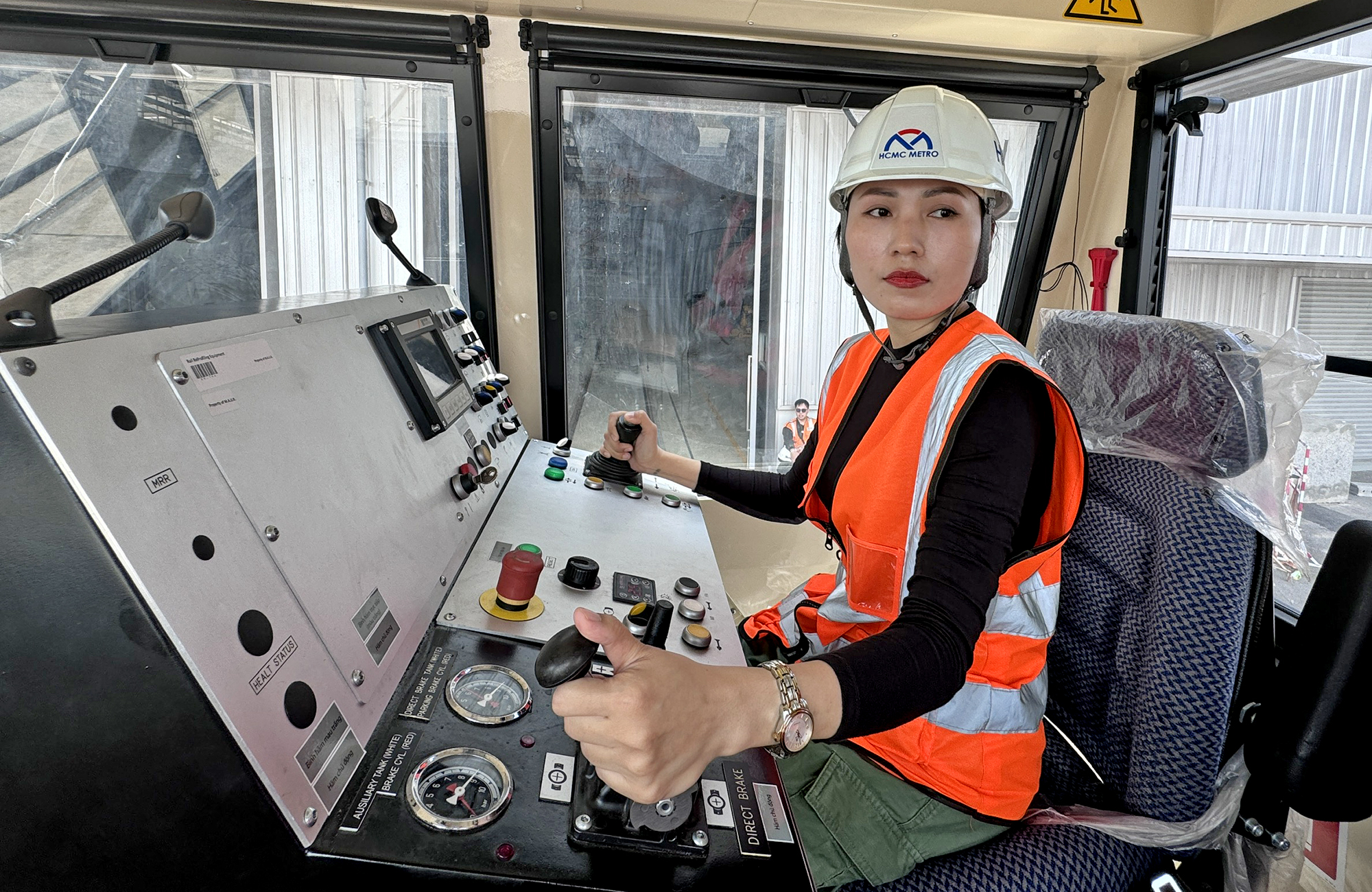
Train driver metro line 1
Ho Chi Minh City needs to proactively implement strategic solutions to prepare large-scale human resources, ready to participate in metro system construction and operation projects in the coming period.
One of the necessary steps is to establish close links with domestic and foreign training institutions and build specialized training programs.
At the same time, it is necessary to issue attractive policies to attract experienced experts and engineers from abroad to return to contribute to key projects.
Focused investment in domestic research institutions is necessary to gradually localize human resources, gradually master technology, and move towards autonomy in key areas such as signal system operation, train manufacturing, and project management.
This not only helps reduce dependence on foreign partners but also creates a sustainable foundation for the development of urban transport in Vietnam.
In addition to efforts from the government, construction enterprises also need to be more proactive in training human resources, cooperating with experienced foreign partners, and being ready to accept challenges when participating in urban railway projects.
Thank you!
Project with many ups and downs
Metro Line 1 (Ben Thanh - Suoi Tien) was first approved by the Ho Chi Minh City People's Committee in 2007 with a total estimated cost of VND17,387 billion.
Two years later, the project consultant, NJPT of Japan, updated and recalculated the cost, increasing to about VND47,325 billion. Of which, Japan's ODA loan accounted for 88.4%, equivalent to VND41,834 billion, the rest was counterpart capital from Ho Chi Minh City.
Also because of the sudden increase in capital adjustment, the progress of metro line 1 encountered many difficulties.
About 6 years later, in August 2012, the project officially started construction with an expected completion date of 6 years. However, during the implementation process, the project continuously encountered difficulties in funding, causing the project to continuously be behind schedule.
At the end of 2019, the National Assembly approved an adjustment to the total investment of the project, reducing it by more than VND 3,000 billion compared to before, with the expected completion date in the fourth quarter of 2021.
However, due to the impact of the Covid-19 pandemic, metro line 1 requested to continue to postpone the completion time to the end of 2023, early 2024. Finally, the project was extended to the end of 2024.
Free for passengers for the first month
Metro Line 1 is nearly 20km long with three underground stations and 11 elevated stations. The line starts from Ben Thanh Station (District 1) to Long Binh Depot (Thu Duc City).
According to the plan, metro line 1 will be commercially operational from December 22, 2024, with free first-month tickets as well as metro-connected buses for all residents.
After the free period, cash payment is 7,000 - 20,000 VND/trip, non-cash payment is 6,000 - 19,000 VND/trip, depending on the route distance.
The daily ticket price is 40,000 VND/person/ticket (unlimited number of trips per day); the 3-day ticket price is 90,000 VND/person/ticket (unlimited number of trips per 3 days).
Monthly ticket price for general passengers is 300,000 VND/month and for students is 150,000 VND/month (unlimited number of trips per month).
Ho Chi Minh City aims to complete 7 urban railway lines (from line 1 to line 7) with a total length of about 355km by 2035.
In the next 10 years, the metro system will be invested in an additional 155km, bringing the total metro length to 510km.
With this goal, in the next 20 years, Ho Chi Minh City's urban railway network will increase 25 times compared to metro line 1 (Ben Thanh - Suoi Tien) after more than 10 years of construction.
Source: https://www.baogiaothong.vn/xay-khat-vong-500km-metro-tu-vien-gach-dau-tien-19224121409224183.htm








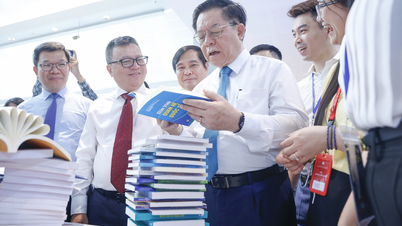

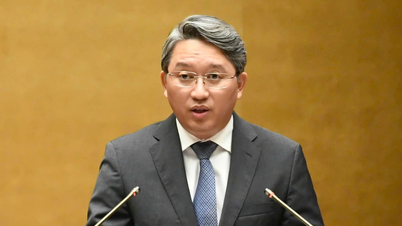
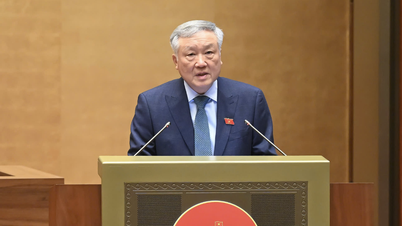

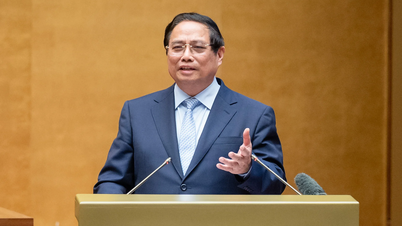


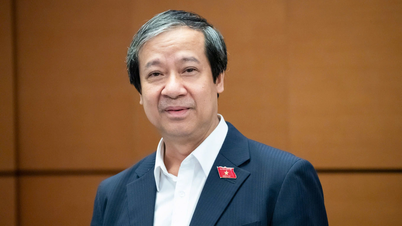










![[Photo] The 9th Congress of the Party Committee of the Office of the President, term 2025-2030](https://vphoto.vietnam.vn/thumb/1200x675/vietnam/resource/IMAGE/2025/6/20/78e7f27e8c4b4edc8859f09572409ad3)












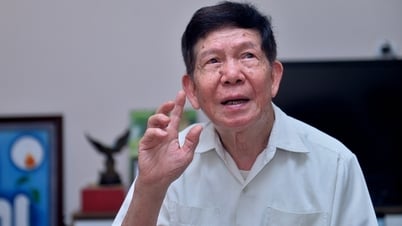












![[Maritime News] Wan Hai Lines invests $150 million to buy 48,000 containers](https://vphoto.vietnam.vn/thumb/402x226/vietnam/resource/IMAGE/2025/6/20/c945a62aff624b4bb5c25e67e9bcc1cb)


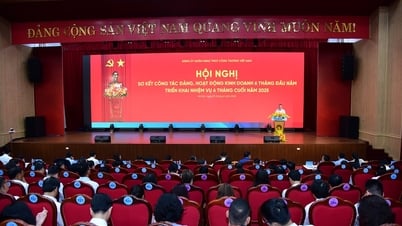





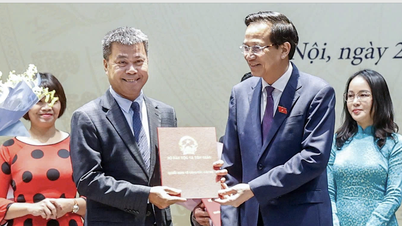
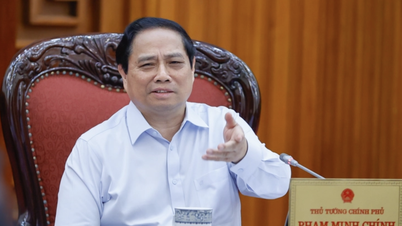


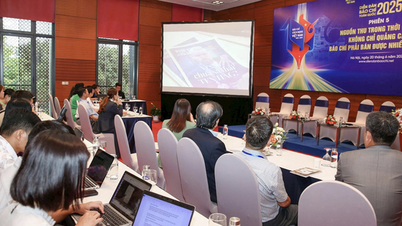

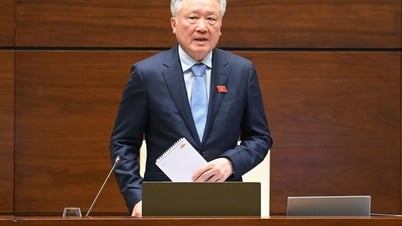
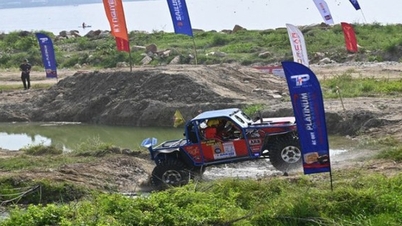



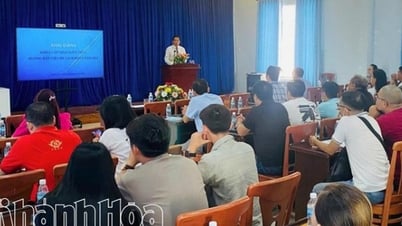
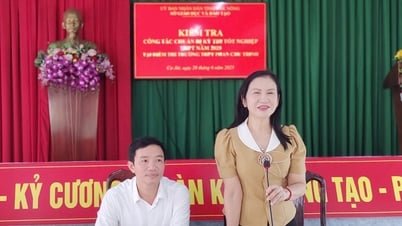

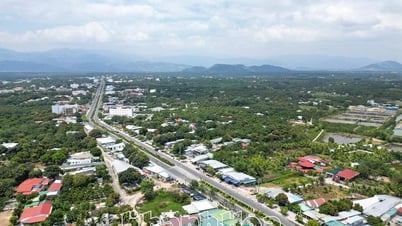





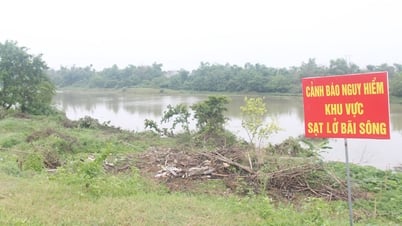

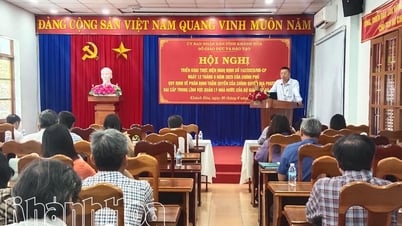















Comment (0)